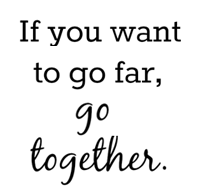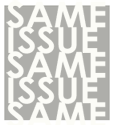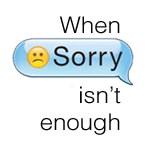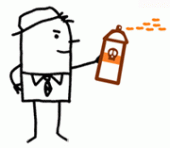 I came across a lovely African proverb (see full proverb at end of article), and am writing this post as an excuse to share it — sort of like sewing a dress to show off the necklace.
I came across a lovely African proverb (see full proverb at end of article), and am writing this post as an excuse to share it — sort of like sewing a dress to show off the necklace.
In many ways, it is much easier to live one’s life alone. No one challenges your lifestyle choices, your habits, opinions or idiosyncrasies; no one asks you to adapt, compromise or change.






